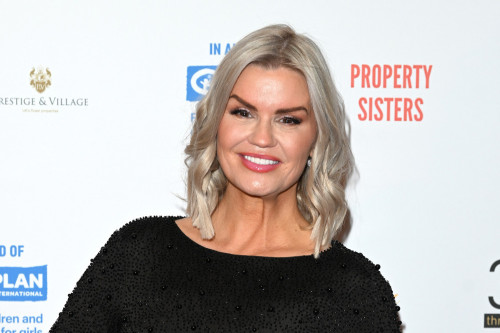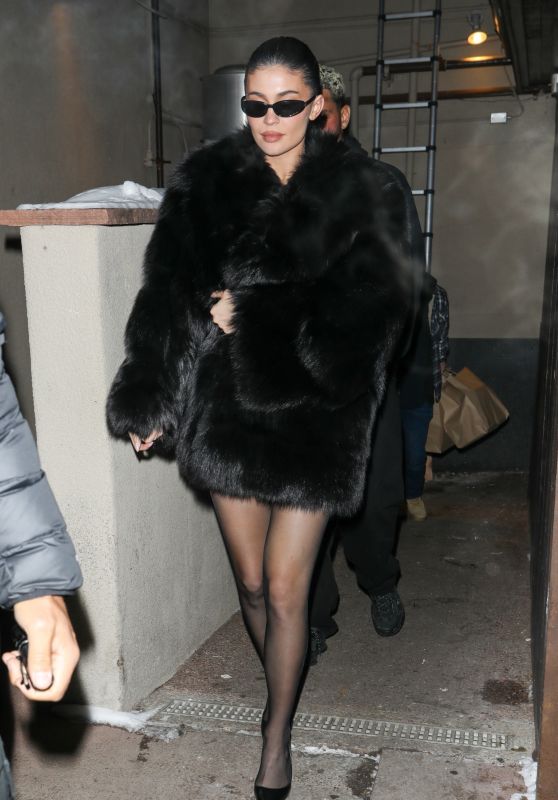In the three short months since her husband joined the Republican presidential ticket as Donald Trump’s running mate, Usha Vance—former registered Democrat, according to The New York Times—has appeared to subscribe to the Melania Trump school of political wifedom. Following her introductory speech at the Republican National Convention (during which she asked the age-old question, “Who wouldn’t want to be friends with JD?”) she has served in public as a largely silent companion. She rarely sits for interviews, and offers little insight into her thoughts on JD Vance’s strange campaign-trail behaviors, nor his racist, sexist, and anti-immigrant political stances.
This week, an interview by NBC News sought to shed light on Usha Vance. However, she remained steadfast in her unwillingness to illuminate. “I have not given a ton of thought to my own roles and responsibilities,” she said, of her potential future as second lady. “There are certainly things I’m interested in, but I don’t really know how that all fits into this role." (Usha Vance did not immediately respond to Vanity Fair.)
Because she has been photographed carrying copies of Anthony Doerr’s Cloud Cuckoo Land, Tana French’s In the Woods, and most recently, Emily Wilson’s 2023 translation of Homer’s The Iliad, one of those “things” appears to be books, and so, clinging to the concrete, NBC headlined the article, “Usha Vance’s expansive reading list gives a glimpse of a private figure in the campaign.” The glimpse: that Vance is a member of a “slow pace” book club, and that she started reading The Iliad because her seven-year-old is interested in mythology.
I could attempt to glean further clues through the dubious exercise of parsing the contents of the books themselves—but why not do one better, and call up the people whose names are on the covers? Through representatives, French declined to comment and Doerr was unavailable, but Emily Wilson gamely answered the call. “Homer,” she says, “deserves whatever publicity they can get!”
Wilson has been wrestling with politicizations of her work for years. In 2017, much was made of her status as the first woman to publish an English translation of The Odyssey. And she caveats our conversation with the reminder that as a translator, her focus is less on what lessons readers may or may not be taking away from the book, and more on poetic techniques—how to deploy regular meter to retain The Iliad’s sense of voice, the song-like quality with which it would have been delivered to the ancient Greeks. She sees this as a spiritual endeavor as much as a scholarly and artistic one. Her work asks of her, “What is the solution to the impossible?” she says. “For that, you need the divine.”
Still, she also loves the poem for its plot, for the way it’s “always turning the intensity up to 11” and its handling of mortality, the way “different communities interact and destroy each other from really close quarters.”
And regarding Vance, she has some thoughts.
Vanity Fair: What did you think when you saw that Usha Vance was reading your translation of The Iliad?
Emily Wilson: I don’t know. I mean, it’s wonderful that she’s a reader. Like me, she went to Yale. She’s obviously an educated person.
I think there’s all kinds of ironies. The two ironies that I thought about most were, The Iliad is a poem about how men fight for control of women’s bodies—the whole plot is premised on that, and on the rage that happens between men over who gets to have absolute control over women’s bodies. One of the other driving features of the plot is the question of what happens when a very powerful man, in this case Achilles, refuses to accept a loss, and what happens in terms of the deadliness, and what is the death count. What is the cost to the fragile coalition of social bonds when a loss is intolerable, and the only possible response to a loss is infinite rage and infinite desire for destruction in revenge. So those themes seem, to me, to resonate in certain ways that might be relevant!
I think The Iliad is for everyone, including people whose politics I may not believe in. It’s absolutely great that people should read and engage and think about it in an open-minded way. I didn't create these translations of Homer with an idea that these must only be read by people in one or other political party. That's absolutely not how it is. Homer belongs to everyone, and it's not like Homer is ever going to tell you how to vote. So I also think it's funny how there are people who do seem to think Homer belongs only to one political party. There are these various attempts to co-opt literature to belong to one modern ideology. And I just think that's so ridiculous.




















 English (US) ·
English (US) ·